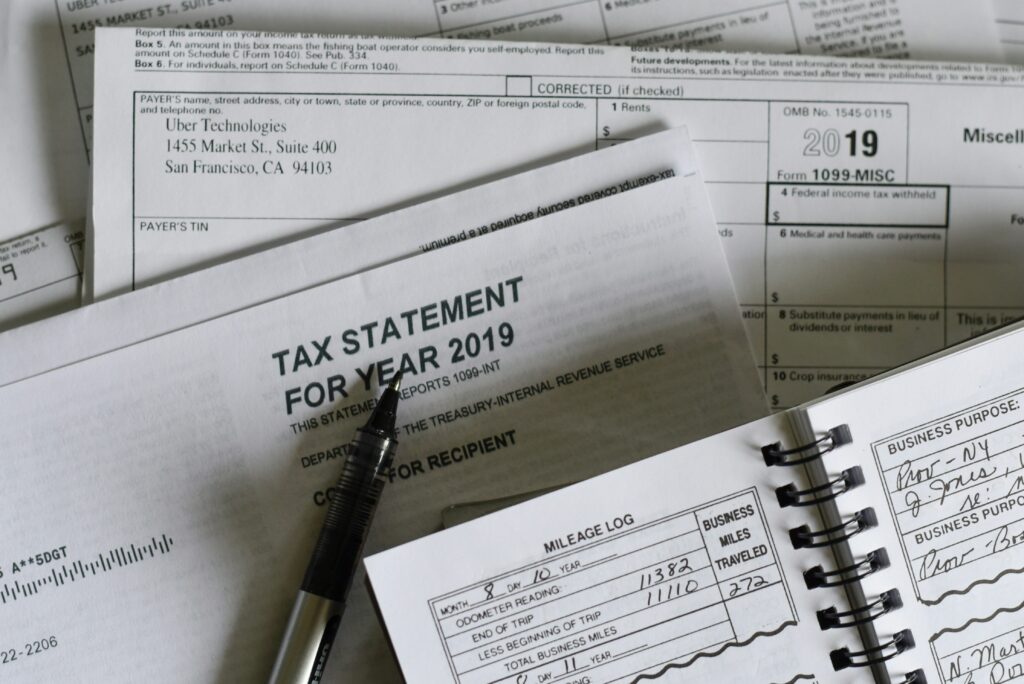To organize your finances in a manner that is generally great for you, you should know about the Irish duty framework. Whether you work for a business or are independently employed in the nation determines your tax commitment.

The Irish tax regulations
The PAYE (Pay as you Earn) framework will concern you if you are a worker in Ireland. As an outcome, your duty commitments will be deducted immediately from your check. Independently employed people are expected to file tax returns and pay taxes. When you are beginning your new employment, you must provide them both a completed tax credit certificate and your personal public service (PPS) number. You might apply for a PPS number when you find a work offer. To do this, you might go to a PPS number center, however, you’ll have to have your ID and evidence of address. The following stage after getting your PPS number is to enroll on the Revenue website. After you’re done, your new employer will get a tax reduction declaration listing the tariff breaks that might be used to decrease your expense obligation. If you are independently employed or have extra pay to disclose, you are expected to file a self-assessment tax return.
The various taxes in Ireland
There are a few separate common tax types in Ireland. You will be subject to an ordinary income tariff at two different rates. You will be required to pay capital gains taxes on any earnings you have made from investing in items like stocks when you sell your interests. The universal social charge (USC) and pay-related social insurance (PRSI), which support the country’s social services, are levied on all wage workers.
Irish taxation rates
Ireland’s tax rates are as follows:
Income tax
As a result of Ireland’s highly progressive tax structure, individuals with the least earnings pay very little in charges. Single individuals with yearly salaries under €18,000 are absolved from income tariff and contribute 0.5 to 2 percent of their pay toward social protection. There are two expense rates in Ireland: a lower, or normal, rate of 20%, and a higher one of 40%. The standard rate limit is considerably lower than in other nations, and a higher pace of 40% of tax is applied to any pay past €35,000.
Corporate tax
The tax system in Ireland is renowned for its low business tariff rates. The tariff on trade earnings for limited and unlimited firms is 12.5%, or almost half what it is in other small European countries. The Irish government selected this course of action to encourage economic growth and entice foreign investment since many multinational businesses have their European headquarters in Dublin.
Others
A local property tax (LPT) is a yearly charge that applies to any residential property that may be used as a home. The owner must get a credible market evaluation and declare the property to the Revenue Office since this is a self-assessed tax return. For homes under €1 million, the LPT rate is 0.18 percent. Any percentage of value exceeding €1 million is subject to a 0.25 percent tax. There are certain service charges, such as a tariff on garbage collection. There are no water taxes in Ireland, unlike other EU countries, despite recent efforts to introduce a charge. A wealth tariff is not implemented in this country. The VAT rate, which is 23%, is one of the greatest in Europe. This is one of the variables that raise the cost of living in Ireland. Another is the high excise charges on things like liquor and cigarettes, albeit numerous merchandise are tax-absolved.
You may also find these articles helpful
Buying property in Ireland – full guide
